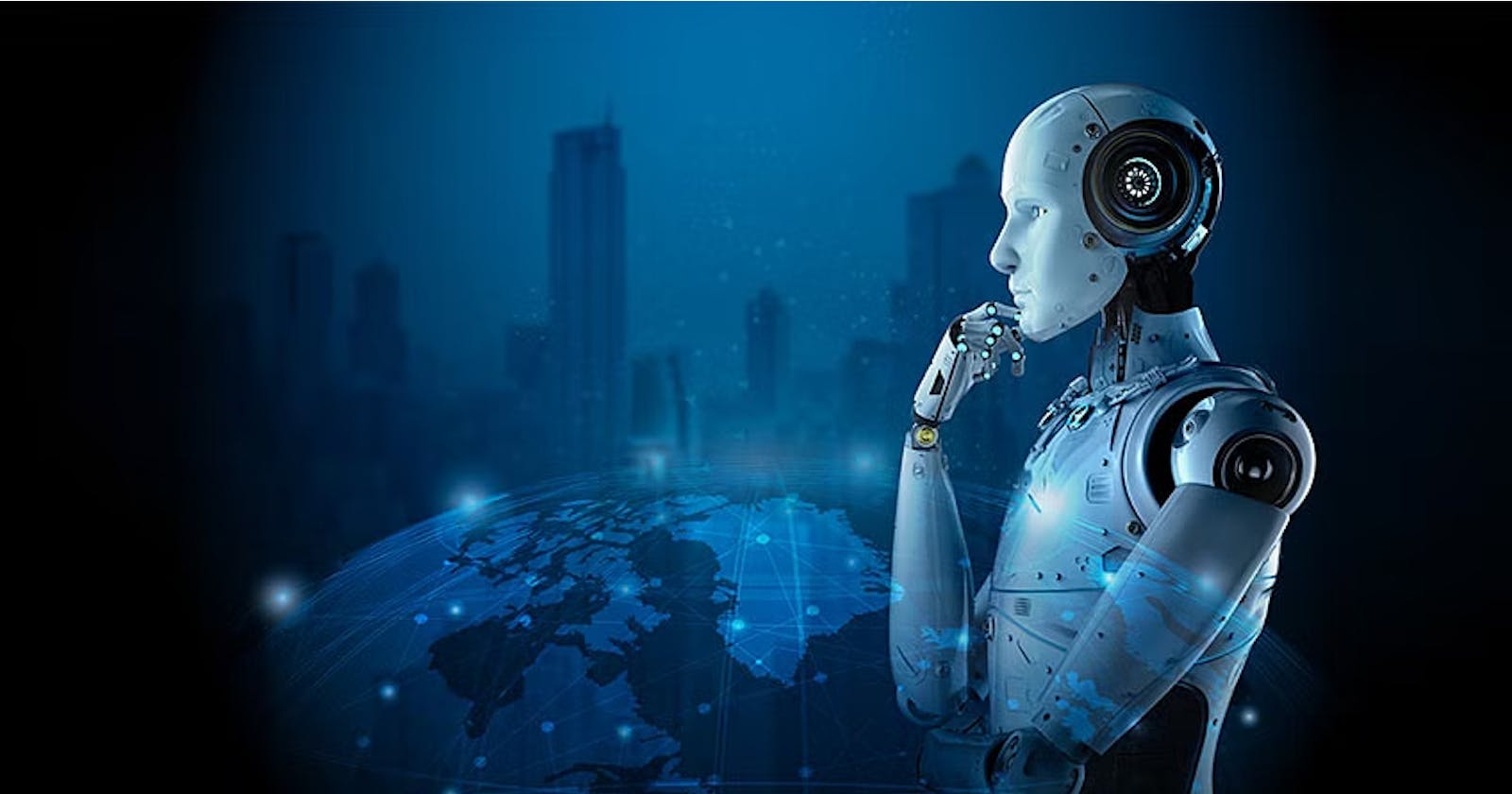Table of contents
Let's begin with a little history class: "The Internet".
At the height of academic research in 1969, the internet first known as ARPNET, funded by the United States Advanced Research Projects Agency (ARPA) was a network created to connect academic minds across the world.
Over the decades, what we call the Web followed along. The words, Internet and Web are used interchangeably but they are two separate technologies.
The internet which is a network of networks that allows computers to connect and share resources is NOT the World-Wide-Web (WWW).
The World Wide Web (WWW) aka Web, is a subset of the Internet. It majorly is an information system enabling documents and other web resources that can be accessed through the internet.
Don't worry about all that jargon if you don't get it.
Think of the Web as a motor car, and its engine is called the Internet.
Web 1.0 and Web 2.0
At its invention (the internet) and the emergence of the Web - all we had were static web pages that could only be viewed. This was the first version of the internet, later coined as "Web1.0".
Soon enough in the "Internet Boom" era, where there was an internet craze (similar to what we all witnessed with NFTs) the creation of more dynamic web pages and websites came along. Facebook, Twitter, and Google are all popular additions to what became Web 2.0. The unique characteristic of Web 2.0 is the possibility of user-generated content i.e everyone with the right medium could add their unique items to the web without necessarily having to create a whole new webpage from scratch.
So Web3, what does that even mean?
Web 3.0 refers to the third evolution of the internet. However, this is still a work in progress but it promises more functionality compared to its predecessors.
Think of Web 3.0 as a McLaren (I'd like to buy one of those someday - or perhaps a Tesla) compared to Web 2.0 (A Toyota) and Web 1.0 (erm, well, perhaps a 1970 Volkswagen).
There is a ton of speculation on how Web 3.0 would completely be, however, several features are expected including decentralisation, Artificial Intelligence and Open Sources.
One word that's usually mentioned in conjunction with Web 3.0, is BlockChain and the hope the internet focuses on maximising the functionality of this technology.
As yes, as you've possibly guessed. Blockchain isn't Web 3.0 - just as the Internet isn't Web.
I'm Sameer Vishwakarma, and I'm sharing my knowledge and journey with Artificial Intelligence, Machine Learning, BlockChain technology and Web3 development. Follow for more updates and stories about these topics.
